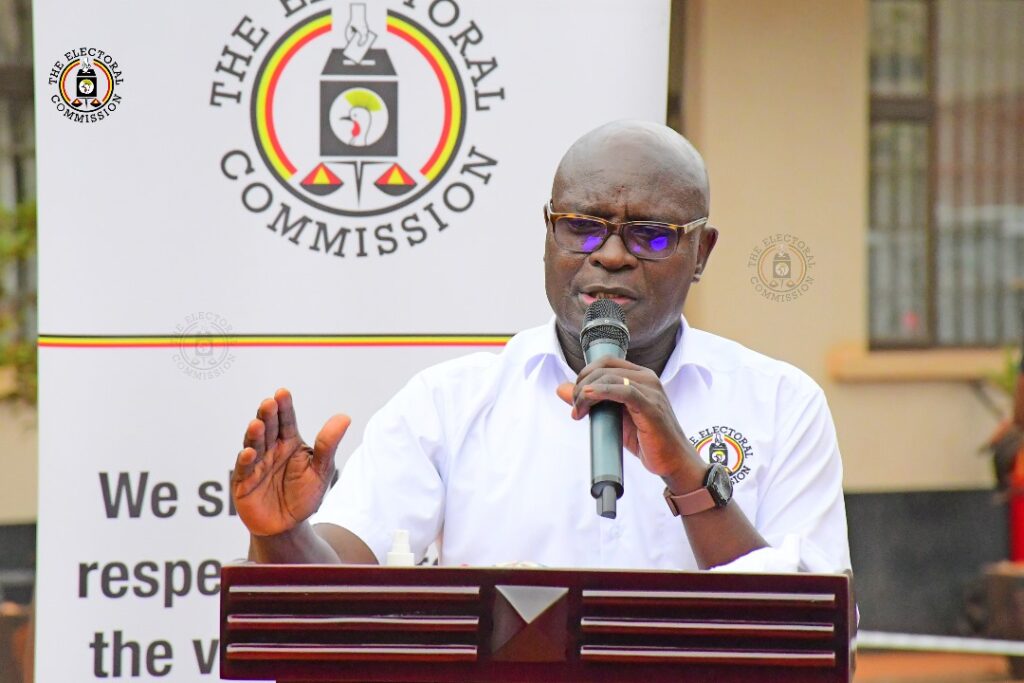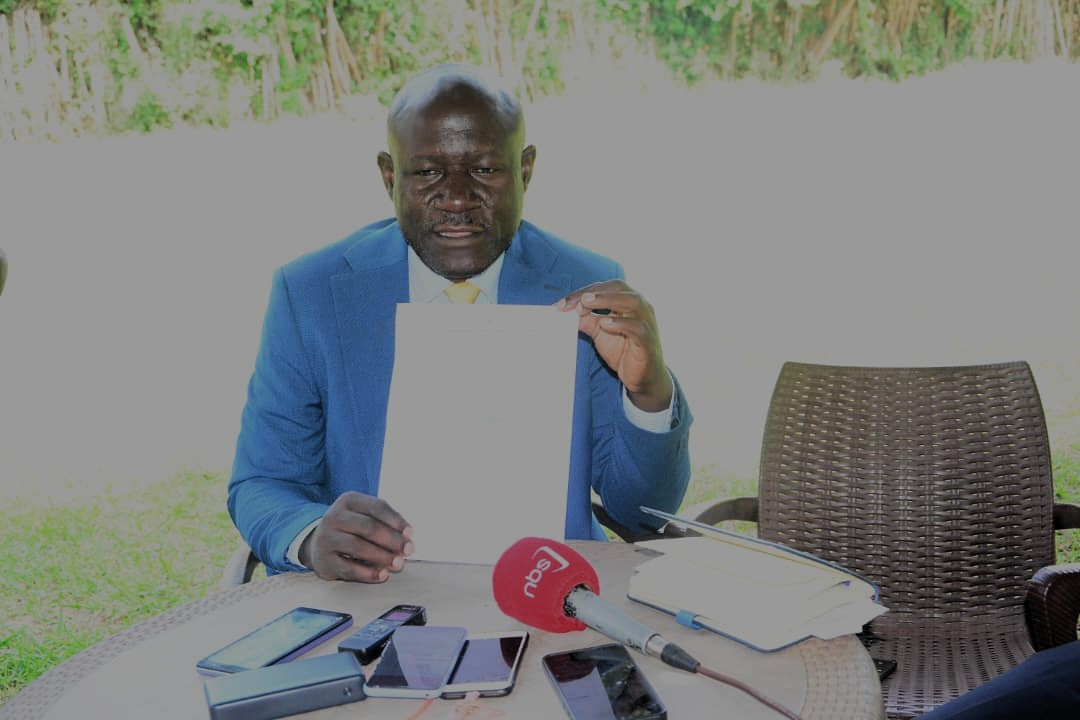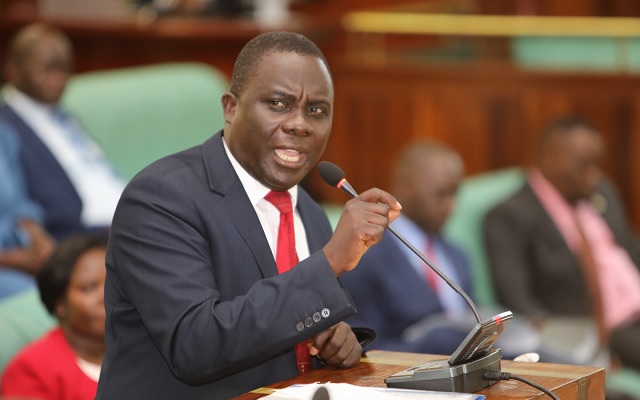Uganda Electoral Commission revises nomination dates ahead of 2026 elections

Justice Byabakama Mugenyi Simon Chairperson, Electoral Commission
The Electoral Commission (EC) has announced changes to its 2025/2026 election roadmap, adjusting key nomination dates for local government, parliamentary, and presidential elections.
Local Government Nominations
Originally planned for 3–12 September 2025, the nomination of candidates for local government councils will now be conducted in stages:
- District/City (Chairpersons, Lord Mayor, Councillors): 3–5 September 2025
- Municipality/City Division (Chairpersons, Councillors): 8–10 September 2025
- Sub County/Town/Municipal Division (Chairpersons, Councillors): 11–24 September 2025 (excluding weekends)
Nomination forms and guidelines will be available from 11 August 2025 at district and city EC offices, while forms for district chairperson races can be downloaded directly from the Commission’s website.
Parliamentary nominations
Parliamentary nominations, initially set for 16–17 September 2025, have been pushed to 15–16 October 2025. These will take place at district and city EC offices. Forms and guidelines for parliamentary elections will also be available online from 11 August 2025.
Presidential aspirants
For presidential candidates, the EC has designated 11 August to 24 September 2025 as the period for collecting nomination and supporter forms, along with official guidelines. Aspirants must physically collect the forms from the Commission’s head office in Kampala.
Presidential hopefuls are required to gather signatures from at least 100 registered voters in two-thirds of Uganda’s districts, as part of the nomination process.
The Commission explained that in-person collection will allow it to properly register aspirants and alert relevant authorities across the country in preparation for campaign activities.
Call for participation
EC Chairperson Justice Simon Byabakama urged political parties, organisations, and independent aspirants to take note of the revised dates and follow the official guidelines. He also acknowledged the role of Special Interest Groups; youth, persons with disabilities, and older persons in ongoing electoral programmes.




